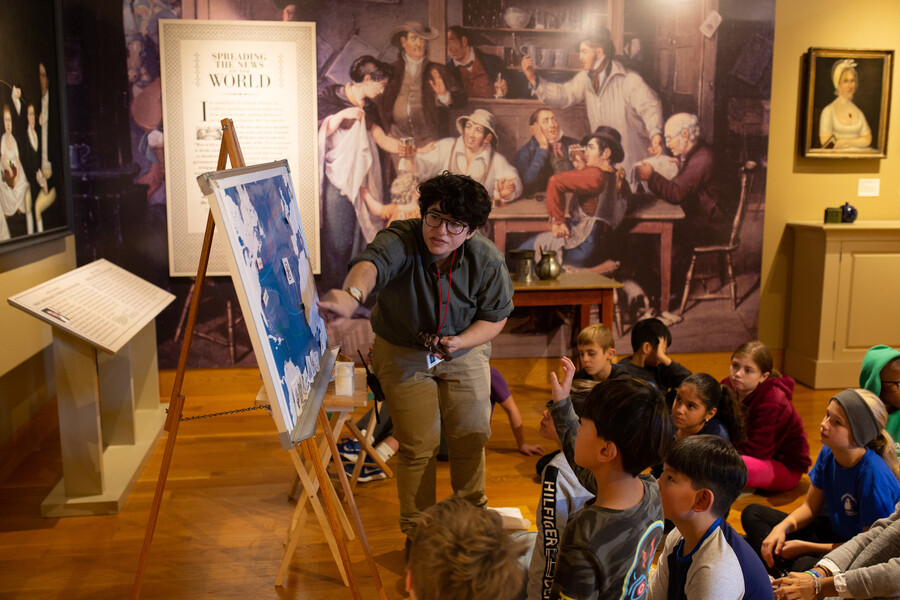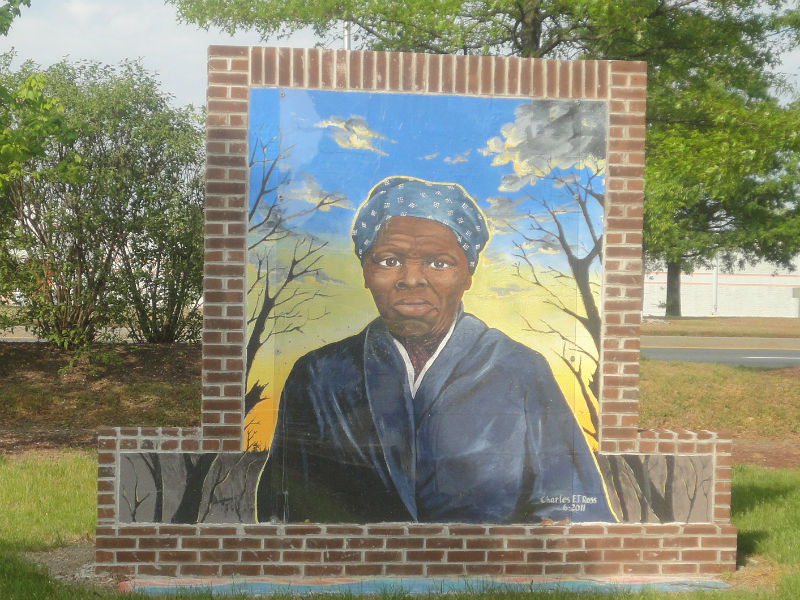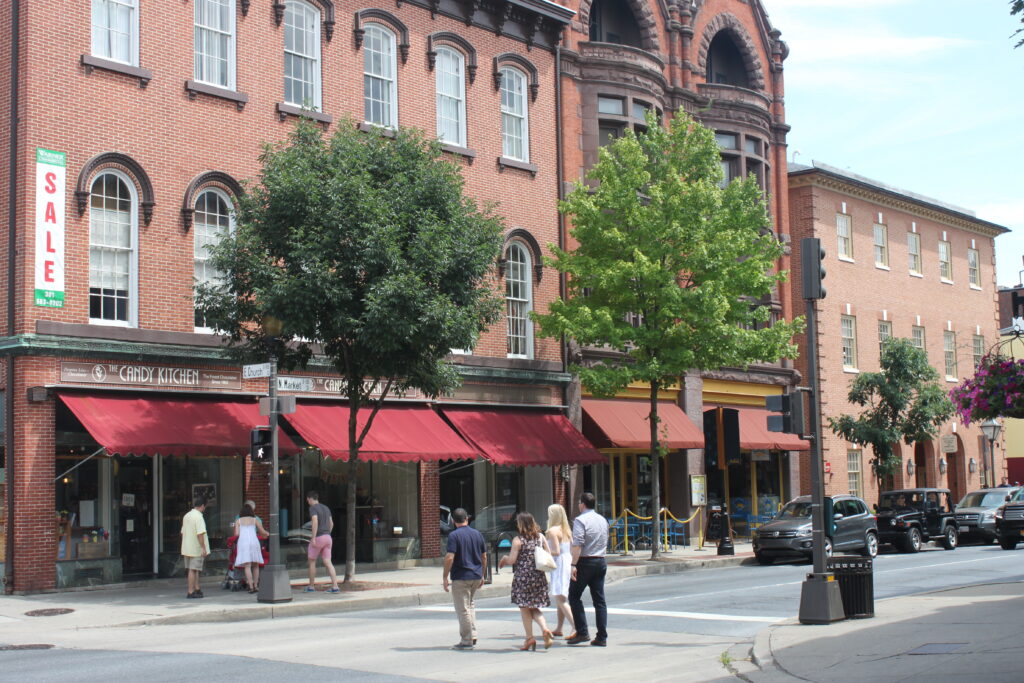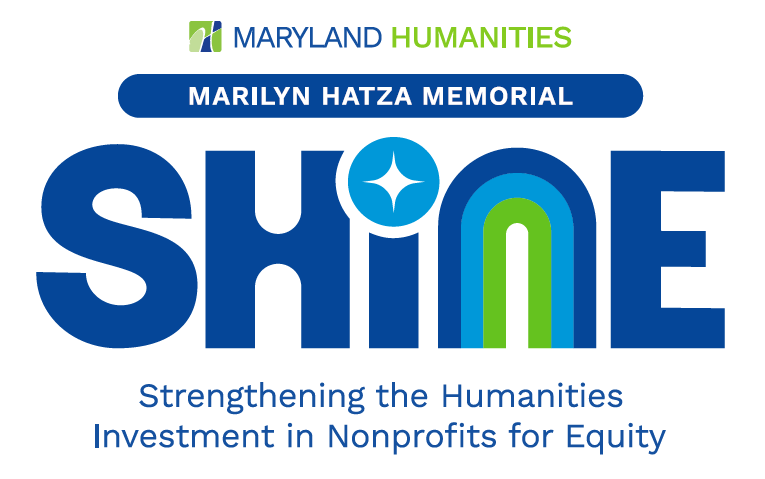Since our last update, Preservation Maryland has been on the ground and keeping preservation front and center in Annapolis as the General Assembly convenes and acts on the multi-billion-dollar state budget and thousands of pieces of individual legislation. Representatives of the organization have already testified on numerous bills through written and oral testimony.
Here’s a recap from our last update of what legislation we’re already supporting:
Belt Woods Natural Environment Legislation (Natural Resources – Wildland Areas – Belt Woods Wildland SB300)
Great Maryland Outdoors Act Amendments (Natural Resources – Maryland State Parks – Funds and Plan Alterations SB259/HB228)
Commission to Study African American Civil War Soldiers in Maryland (HB133/SB448)
Expedited Development Review Processes for Affordable Housing Land Use – Expedited Development Review Processes for Affordable Housing – Requirements (HB3/SB356)
Every day during the early part of the legislative session, hundreds of bills are introduced and here are the latest pieces of legislation that we believe will positively impact preservation in Maryland and have our support:
Maryland Historical Trust – Historical and Cultural Museum Assistance Program – Funding (HB688/SB616)

This legislation is a big win for the Maryland museum community and authorizes the Governor, beginning in fiscal year 2025 and each fiscal year thereafter, to include in the annual budget bill an appropriation of $5M to the Maryland Historical Trust to be used to provide grants to museums under the Historical and Cultural Museum Assistance Program.
Why We’re Supporting this? Preservation Maryland has long championed the state’s investment in museums and previously worked to have the Maryland Historical Trust study and document the overwhelming need for this type of funding. With the upcoming 250th Anniversary of the founding of the United States approaching in 2026, now is the time to increase the state’s investment in history. As Maryland is without a singular official state museum, the tradition has been to provide support to the state’s network of museums of all sizes via the Museum Assistance or Advancement grant program. The program was used to enhance museum exhibits, visitor facilities, and provide educational programming across the state. Without funding for over a decade, this infusion of support could make a profound difference for the state’s history and heritage.
Commission on African American History and Culture – Museum Name Change (HB390/SB341)

This simple piece of legislation will establish a new name for the museum operated by the Commission on African American History and Culture through the addition of Tubman – resulting in the newly minted Banneker-Douglass-Tubman Museum.
Why We’re Supporting This: The museum’s new proposed name, The Banneker-Douglass-Tubman Museum, will strengthen the museum’s efforts to include and honor Harriet Tubman as the museum’s namesake. Harriet Tubman’s work as an abolitionist and social activist is a critical part of American history. Tubman’s history is intertwined with Maryland, some of which includes her birthplace in Dorchester County, Maryland and routes where she guided enslaved people to freedom. One of the more frequent routes she took was the Choptank River through Caroline County. The addition of Harriet Tubman’s name to the Banneker-Douglass museum will further support and strengthen the state’s recognition of this Maryland heroine.

This simple piece of legislation introduced by the Frederick County delegation, will give Frederick County the ability to improve the local historic tax credit – addressing value, time, and regulations that make the credit work best for that community.
Why We’re Supporting This? Frederick County is pursuing this authority so that it can enhance the value of the local tax credit and support property owners who are caring for historic resources. Any effort aimed at providing greater support for historic preservation earns our support.
Maryland Trails Advisory Committee and the Maryland Office of Trails – Establishment (Great Maryland Trails Act) (HB530/SB645)

This legislation will establish the Maryland Office of Trails in the Department of Transportation to develop and maintain the Maryland Trails Network, advance the development, maintenance, and use of trails in the State, develop an inventory and database of trails, and collect important information regarding trails.
Why We’re Supporting This: In many ways we see this as supporting and augmenting the important work of the Great Maryland Outdoors Act – a once-in-a-generation investment in our state parks. This Great Maryland Trails Act will provide the necessary resources and support to knit together important natural, cultural, and historic resources. From the canal towns of western Maryland to the byways of the eastern shore, there are numerous opportunities to expand upon the state’s network of trails and to get people out to see our state’s vast resources. This legislation will support that complex but critical effort.
This legislation authorizes the Governor to include in the annual budget bill an appropriation of $1M each year to the Department of Planning to be used as a grant to the Maryland Humanities Council for the Marilyn Hatza Memorial Strengthening Humanities Investment in Nonprofits for Equity (SHINE) Grantmaking Initiative.

SHINE grants fund general operating support to humanities nonprofits in Maryland and was recently renamed the Marilyn Hatza SHINE Grant Program to pay tribute to Maryland Humanities’ late Director of Grants and Community Engagement, Marilyn Hatza. In addition to her work at Maryland Humanities, Hatza also once served on the staff of Preservation Maryland.
Why We’re Supporting This Bill? Operating dollars are some of the most challenging to raise, especially for small, community-based nonprofit organizations. Maryland Humanities’ focus on making their program more accessible and unrestricted has been an important addition to the landscape of funding for humanities groups, which often include preservation organizations. Securing long-term funding will help to continue to invest in this important component of Maryland’s nonprofit landscape.

